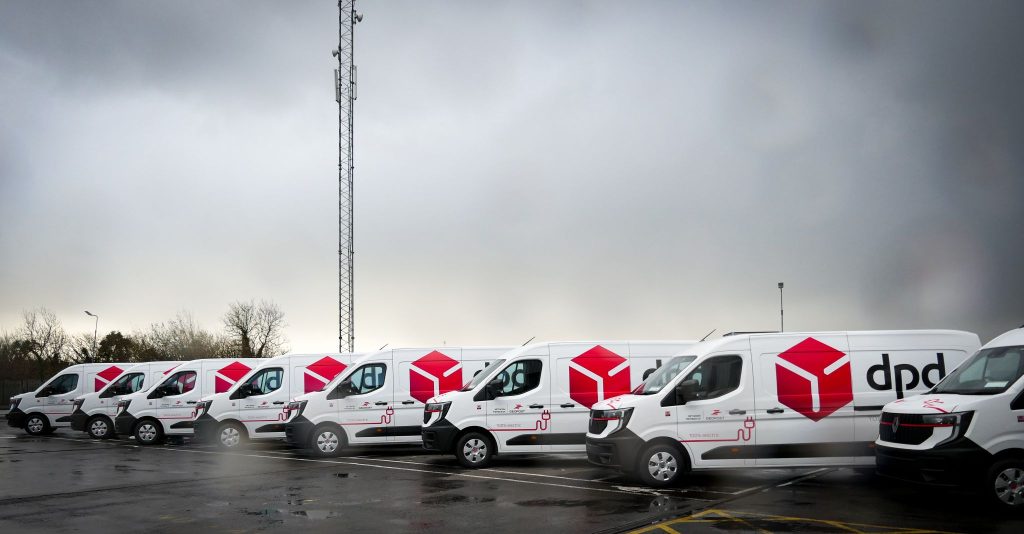A new deal on alternative fuels infrastructure is inching its way through the corridors of power in the European Union.
 Members of the European Parliament have endorsed new EU rules on the alternative fuels infrastructure regulation(AFIR).
Members of the European Parliament have endorsed new EU rules on the alternative fuels infrastructure regulation(AFIR).
The AFIR is based on a compromise reached during the negotiations and does not meet the level of ambition sought by the industry.
The AFIR sets the deployment of alternative fuels infrastructure for battery-electric and hydrogen fuel-cell vehicles on the Trans-European Transport Network (TEN-T) as well as in urban nodes and safe and secure parking areas.
According to the deal, electric charging infrastructure dedicated to heavy-duty vehicles (HDVs) must be deployed every 120km on 15% of the entire length of the TEN-T network by the end of 2025. The distance will then be reduced to 60km on the core, and 100km on the comprehensive, network.
The International Road Transport Union (IRU) has welcomed the increase in the target for 2027 from 40%, as initially proposed by the Council, to 50%, as well as the unequivocal 100% target for 2030.
However, some important questions remain unanswered, notably relating to the derogations that Member States can use to limit infrastructure development or electricity generation, as well as the link between AFIR and the newly proposed CO₂ standards for HDVs.
IRU Director of EU Advocacy Raluca Marian said, “Although we made some progress during the negotiations, AFIR will only get going post-2030, at the earliest. The pre-2030 targets are insufficient.
“Furthermore, as we’ve been stating all along the negotiation process, without sufficient electrical power, heavy-duty vehicles will not be able to rely on AFIR’s charging infrastructure.
“AFIR therefore fails to address the electricity grid component of alternative fuels infrastructure for heavy-duty vehicles.”
Concerning hydrogen, the refuelling infrastructure will only be deployed every 200km on the TEN-T core network by the end of 2030.
“The hydrogen part is another big disappointment of AFIR. The European Parliament’s proposal to anticipate the deadline for the deployment of hydrogen refuelling infrastructure to the end of 2027 did not make it into the final text,” highlighted Raluca Marian.
“The road transport industry needs options and cannot rely on one single technology to decarbonise,” she added.


